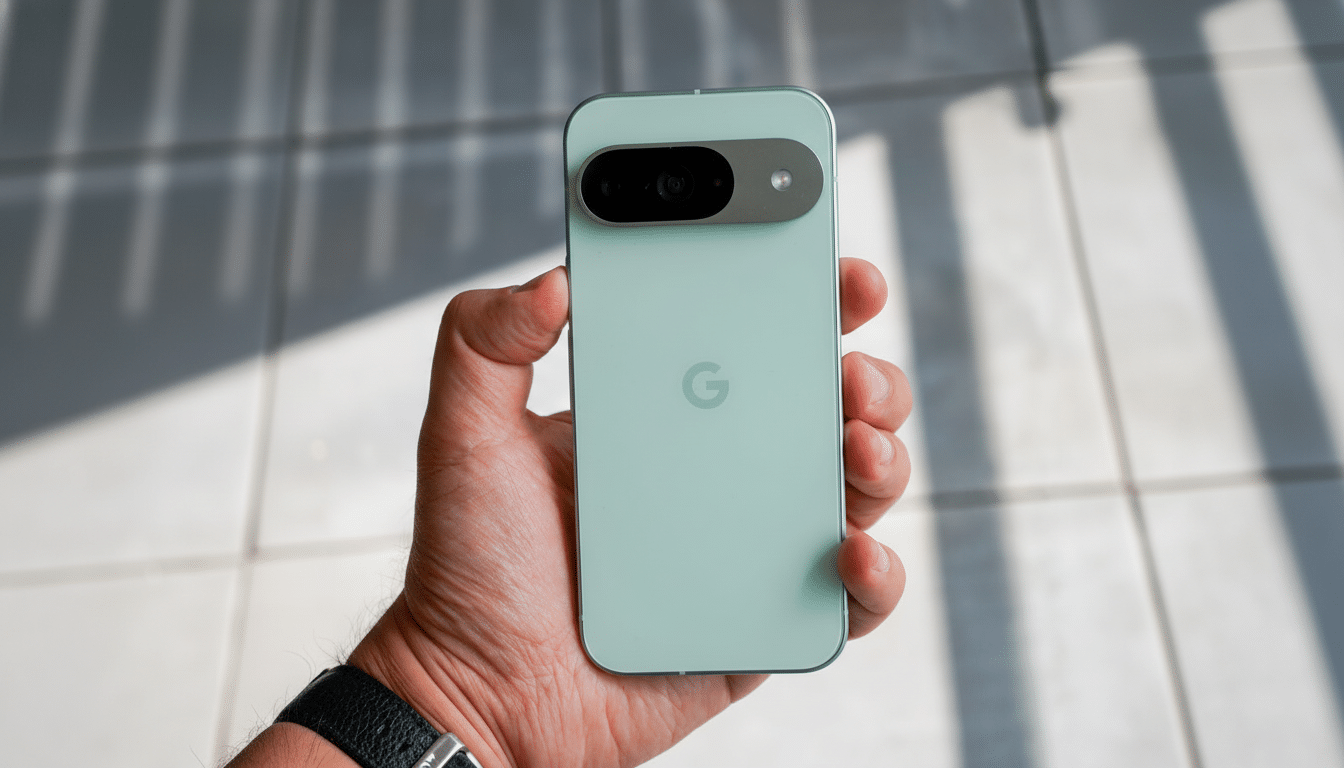Google has turned on RCS message retention on fully managed Pixel phones, offering organizations a legitimate means of recording Google Messages chats sent from enterprise-managed devices. The shift is about compliance and eDiscovery, but the practical upshot appears to be this: if your employer manages the Pixel you use, that party can store and review your RCS conversations — even though those chats are end-to-end encrypted in transit.
What Changed With RCS Archiving And Why It Matters
RCS provides new features to Android messaging, including read receipts, typing indicators, media sharing and end-to-end encryption. Those enhancements also posed a challenge for adherence teams, as most typical archiving tools could not without fail index encrypted traffic. Google’s update closes that gap at the endpoint by making messages on the device decipherable.

This is not a rhetorical turn. Regulated industries have been hit with fines for recordkeeping violations linked to off-channel messaging. Through enforcement actions, the S.E.C. and C.F.T.C. have imposed over $2.5 billion in sanctions on businesses for not keeping business communications in storage for the required amount of time. Allowing direct RCS archiving brings Android in line with how organizations already capture email, SMS and chat for audits and legal holds.
How The RCS Message Archiving Process Works
Approved archival apps can work with Google Messages on company-owned, fully managed Pixel devices that are enrolled through Android Enterprise. When IT turns on the setting, the archiver is notified when a user sends, receives, updates or deletes an RCS message in Google Messages. The app, installed on a device, can read the content and its metadata and store it in the company’s repository.
Messages are still protected end-to-end as they pass between devices. The capturing is done at the endpoint, once the message has been decrypted for the local user. That distinction is important: Google is not undermining the cryptography that protects messages in transit but attempting to create a limited way for organizations to hold onto, say, the same content an employee can read on a managed device.
Google said the feature is clear. There should be a visible indication that RCS archiving is enabled for employees to avoid the risk of surreptitious surveillance. Vendors already listed as supporting the application are CellTrust, Smarsh and 3rd Eye, with more likely to support this introduction as companies implement it themselves.
Who Gets Covered, and What Gets Captured
The feature is specific to company-managed, fully managed Pixels. It’s not for personal devices unmanaged by the corporate space. And if your phone is employer-owned and managed, I’d bet that RCS messages in Google Messages can be archived with work email, chat, and calls according to company policies.
In addition to message content, archives often keep information on senders and recipients, date and time the conversation occurred, entire conversations by thread and file attachments. The system marks changes and deletions so the archived copy will show how a discussion developed, important for eDiscovery and regulations that mandate records be kept in context, such as SEC Rule 17a-4, among others throughout the world.

Why Employers Want Native RCS Archiving Support
SEC, FINRA and CFTC rules require that financial services firms retain business communications for years. Providers who look at privacy through their lens of HIPAA regulation. This would force public-sector bodies grappling with massive amounts of data to be burdened with open-records obligations. For these organizations, the failure to preserve messages can result in sanctions, legal exposure or loss of public trust. Native RCS archiving helps to unify retention around the tools employees actually work in.
It also strengthens mobile governance. Rather than shutting down features or pushing workers back to SMS, IT can enable modern messaging with guardrails. That cuts down on shadow IT, keeps conversations in approved channels and makes downstream workflows — like legal hold and supervised review — more predictable.
What Employees Should Expect On Managed Pixel Phones
If you have a company-mandated Pixel, think of RCS in Google Messages as a supported work channel. A notification tells you the archiving is on. Private chats on that device may be saved too, if those conversations happen in Google Messages and depending on company policy and how the archiver is set up.
Best practice is straightforward: Keep your personal chats on a personal device you control and ask your IT or HR department for the company’s retention policy. If you use a work phone, just assume that anything said in work-related messaging — including the ability to make changes and deletions — can be fair game for the official record.
The Bigger RCS Picture For Enterprise Compliance
RCS has become a mainstream standard on Android, with Google saying over 1 billion people use RCS through Google Messages. As the protocol matures and interoperates, enterprise-caliber controls including archiving, data loss prevention and legal hold are also becoming table stakes. Google’s shift demonstrates how contemporary messaging and regulatory oversight can coexist on Android without derailing end-to-end encryption in transit.
The upshot: RCS for fully managed Pixels is an officially compliant business channel. That is certainly good news for businesses and something for employees to keep in mind as they maintain a clear demarcation on the lines between work-related communication and personal life.

